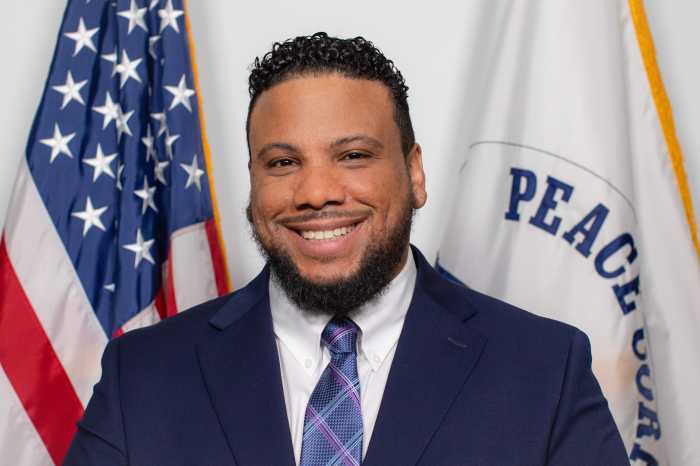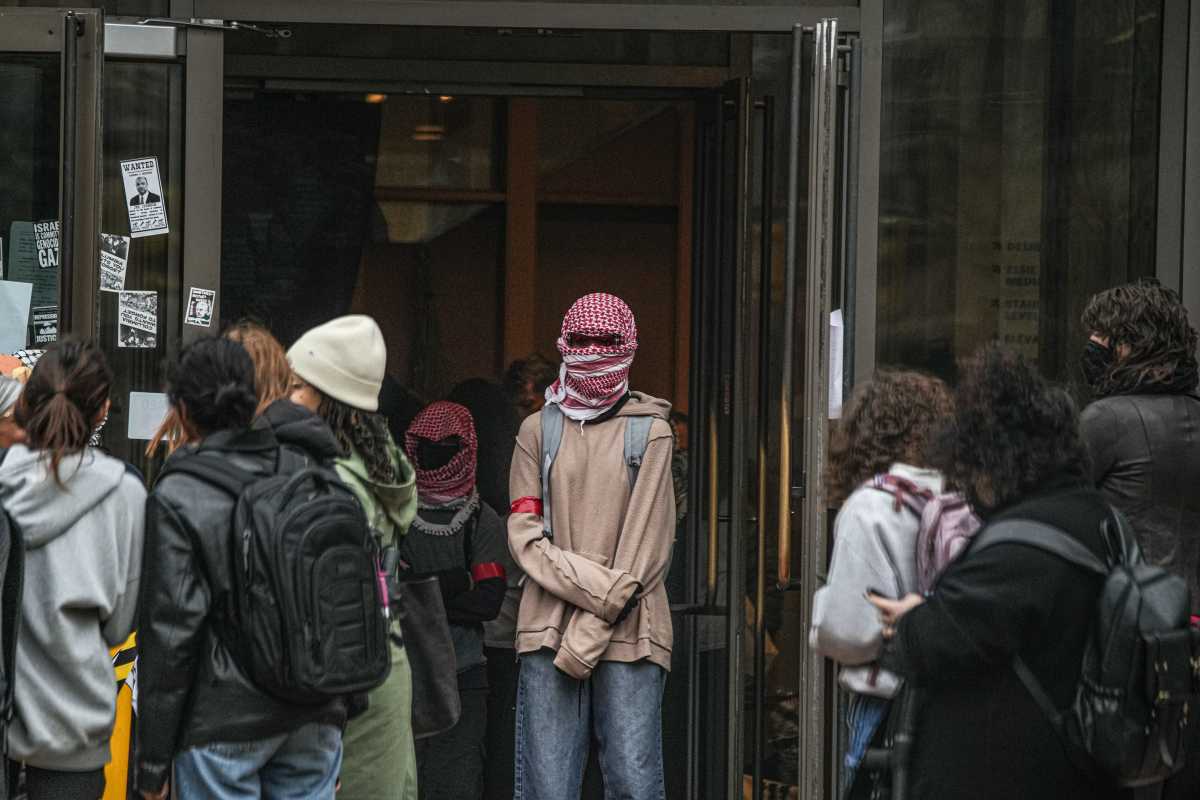New York State Board of Regents has endorsed the federal Development, Relief and Education for Alien Minors (DREAM) Act that would allow Caribbean and other immigrant students to obtain permanent residency, earn high school diplomas and go on to college.
The Regents also announced a new bill, the Education Equity for DREAMers Act, which would allow these students to apply for state college tuition grants of US$5,000 for each school year.
Board of Regents Chancellor Merryl Tisch, who has spearheaded the bill, said illegal immigrant students deserve the opportunity to earn a college degree.
“The Board of Regents is very committed to allowing these undocumented youngsters to partake fully of the American dream,” Tisch said.
New York State education officials have been advocating more rights to immigrant children since 2002, when they granted them in-state tuition discounts at public universities.
But the Regents’ bill, when brought before the State Legislature, is likely to encounter opposition from Senate Republicans, said Sen. Martin Golden (R-Brooklyn).
“This is a tough time for a bill like this. There’s not even enough money right now to offset tuition costs for legal, documented New Yorkers,” he said, adding that the bill would place a new burden on the state budget if passed.
A spokesman for Gov. Andrew Cuomo said the governor will review the bill.
The DREAM Act was first introduced in the U.S. Senate on Aug. 1, 2001, and most recently reintroduced there on May 11, 2011.
This bill would provide conditional permanent residency to certain illegal Caribbean and other immigrants of good moral character who graduate from U.S. high schools, arrived in the U.S. as minors, and lived in the country continuously for at least five years prior to the bill’s enactment.
If they were to complete two years in the military or two years at a four year institution of higher learning, they would obtain temporary residency for a six year period.
Within the six-year period, they may qualify if they have “acquired a degree from an institution of higher education in the United States or has completed at least two years, in good standing, in a program for a bachelor’s degree or higher degree in the United States.”
The students would also regularize their status if they have “served in the armed services for at least two years and, if discharged, has received an honorable discharge”.
Military enlistment contracts require an eight-year commitment, with active duty commitments typically between four and six years, but as low as two years.

























